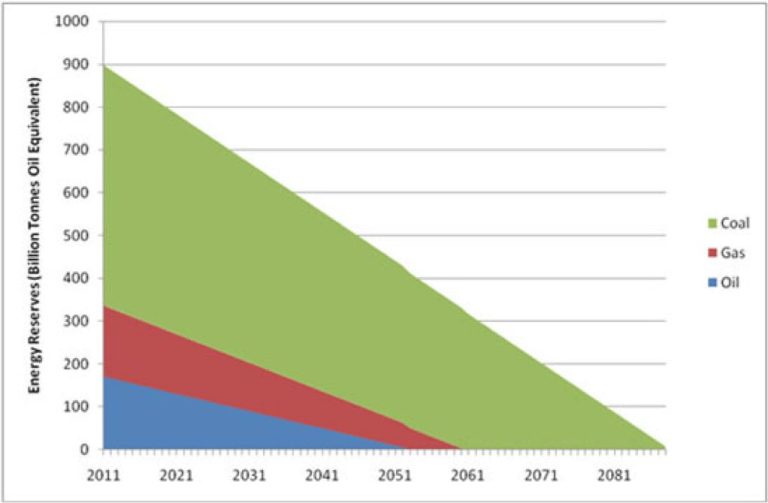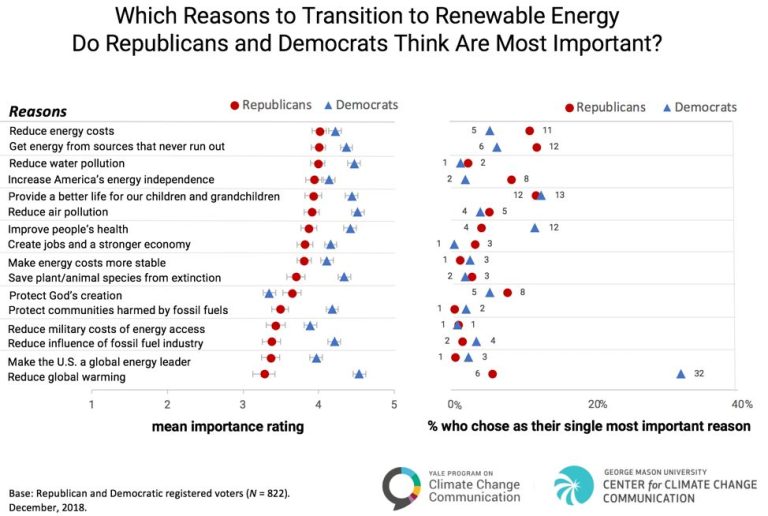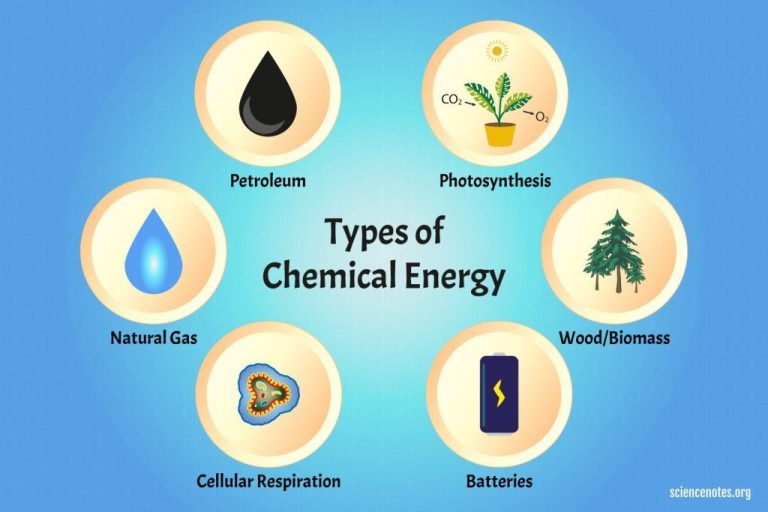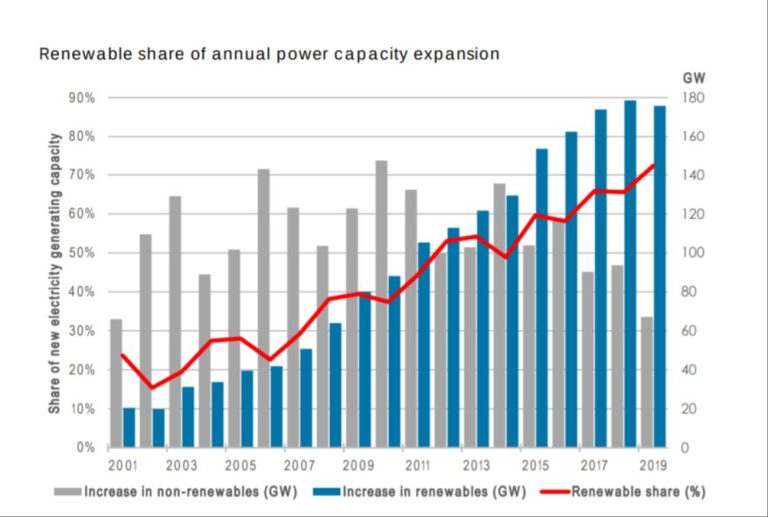What Is 1000 Watt Hours Equal To?
A watt hour is a unit of energy that equals the power of one watt running for one hour. It is commonly used to measure electrical energy and provide a standardized way to determine how much electricity is used over time. Watt hours allow us to quantify energy usage across many different applications from small devices to large power plants.
The “watt” part refers to power, which is the rate at which energy is consumed or produced. Power is measured in watts. The “hour” part refers to time, specifically one hour. So a watt hour is the amount of energy consumed by a one watt load operating for one hour. By multiplying power (watts) by time (hours), you get energy consumption measured in watt hours.
Watt hours are useful because energy usage over time varies greatly depending on the application. Measuring in watt hours allows us to compare and equate energy consumption in a standardized way, whether it’s a light bulb, electric vehicle, or any other electric load.
Units of Power
Power is defined as the rate at which energy is transferred, generated, or consumed. The standard unit used to measure power is the watt. A watt (W) is defined as 1 joule of energy being expended per second. In other words, power is the amount of energy being used or produced over time.
For example, a 100-watt light bulb uses 100 joules of electrical energy every second to produce light and heat. The higher the wattage, the more power a device consumes. Other units used to measure power include kilowatts (1,000 watts), megawatts (1 million watts), and gigawatts (1 billion watts). These units are commonly used to describe the output of power plants and other energy generation systems.
Understanding power units like watts is important for calculating energy use and costs, as well as comparing the power consumption of various devices and systems. Wattage indicates the rate of energy transfer and provides insight into how much electricity a device or appliance will use over time.
Units of Energy
To understand watt hours, it’s important to distinguish between power and energy. Power is the rate at which energy is transferred or converted. It is measured in watts. Energy is the ability to do work. It is measured in joules.
The watt hour measures energy, which is power extended over time. It is calculated by multiplying power (in watts) by time (in hours). So 1 watt hour is equal to 1 watt of power sustained for 1 hour, which is equivalent to 3600 joules of energy (1 watt x 1 hour = 3600 joules).
Calculating Watt Hours
Watt hours are calculated by multiplying power (watts) by time (hours). For example, if a 100 watt light bulb is left on for 10 hours, it has used 100 watts x 10 hours = 1,000 watt hours of energy. The formula is:
Watt hours = Watts x Hours
So if you know the power rating of a device in watts, and how long it runs in hours, you can calculate the energy consumption in watt hours. This allows you to measure and compare the energy use of different devices over time.
1000 Watt Hours
1000 watt hours is the amount of energy used at a rate of 1000 watts for 1 hour. It’s a common unit used to measure electrical energy consumption.
Watts (W) measure power, or the rate at which energy is consumed per unit time. For example, a 100W light bulb uses 100 watts of power.
Watt hours (Wh) measure energy, or the total amount of power consumed over time. They are calculated by multiplying the power in watts by the time in hours. So 100 watts of power used for 1 hour equals 100 watt hours of energy consumed.
Therefore, 1000 watt hours is the amount of energy used by a device requiring 1000 watts of power for 1 full hour. If a microwave oven uses 1000 watts of power, and is used for 1 hour, it has consumed 1000 watt hours of energy.
Kilowatt Hours
When dealing with electrical power and energy usage, kilowatt hours are a common unit used for billing and measurement. A kilowatt hour represents the amount of energy used by a power of 1 kilowatt operating for 1 hour. Since power is measured in watts, we can also express a kilowatt hour in terms of watt hours. Specifically, 1 kilowatt hour is equal to 1000 watt hours. This conversion comes from the definition of the units themselves:
- 1 kilowatt = 1000 watts
- 1 hour = 60 minutes x 60 seconds = 3600 seconds
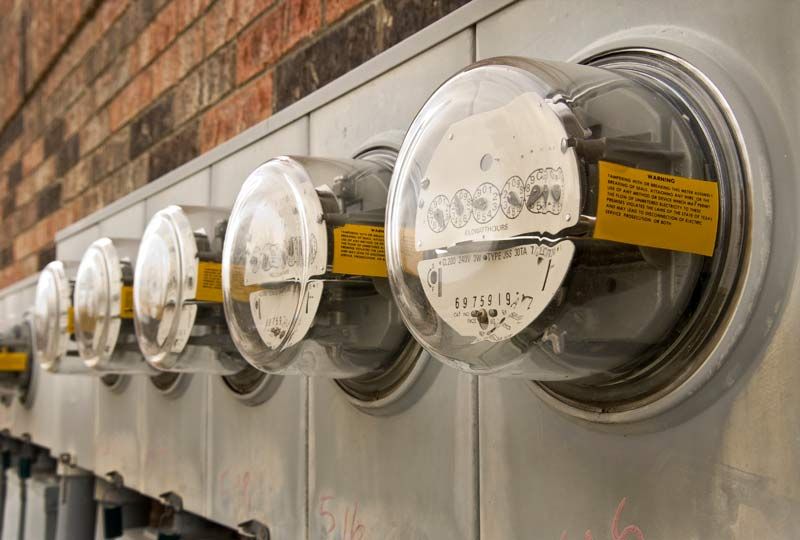
So 1 kilowatt hour is the energy used by 1000 watts operating for 3600 seconds, which equals 1000 watts x 3600 seconds = 3,600,000 watt seconds. And because watt seconds are the same as watt hours, this equals 3600000 watt hours, or 1000 watt hours.
In summary, 1000 watt hours is equivalent to 1 kilowatt hour. Knowing this conversion allows us to easily move between watt hour and kilowatt hour units when dealing with electrical energy consumption.
Equivalents
To understand what 1,000 watt hours is equivalent to, it helps to look at the energy consumption of common household appliances and devices:
Light Bulb – A single 75-watt incandescent light bulb uses about 75 watt hours if left on for 1 hour. So 1,000 watt hours would be enough to power a 75W light bulb for about 13 hours.
TV – An average 42″ LCD TV uses around 120 watts. Running a TV for 1 hour uses 120 watt hours. So 1,000 watt hours could run a 42″ LCD TV for over 8 hours.
Desktop Computer – A typical desktop computer including monitor uses about 200 watts. Leaving a computer on for 1 hour would use 200 watt hours. 1,000 watt hours could run a desktop computer setup for 5 hours.
Refrigerator – A mid-size Energy Star refrigerator uses around 300 watts on average. This means it would use 300 watt hours if running for 1 hour. 1,000 watt hours could run such a refrigerator for over 3 hours.
Air Conditioning – A window AC unit rated at 1,000 watts would use 1,000 watt hours in just 1 hour of operation. So 1,000 watt hours would only power it for 1 hour.
Cost
Utility companies typically charge for electricity based on the number of kilowatt hours (kWh) used. The rates per kWh can vary depending on factors like your location, type of utility provider, time of use, and total usage amount. Most residential customers in the United States pay between 10-20 cents per kWh on average.
So for a 1000 watt device running for 1 hour, which equals 1 kWh of energy used, you could expect to pay around 10-20 cents. If that device ran for 10 hours, it would use 10 kWh and cost $1-2. The more energy used in kilowatt hours, the higher your electricity bill will be.
Some utilities also have tiered rate structures where the rate increases as you use more total electricity. For high energy users like factories, kilowatt hour usage is closely analyzed to manage costs. Understanding your electricity usage in kWh is important for budgeting and controlling your utility bills.
Applications
Knowing how much energy is used in watt hours or kilowatt hours has many important applications:
Electricity billing – Utility companies bill customers based on kilowatt hour usage. Understanding your electricity usage in kWh helps estimate costs and potentially save money.
Appliance energy efficiency – The wattage and run time of appliances can be used to calculate energy use in kWh. This helps compare appliance efficiency.
Solar panels – Solar panel output is measured in kWh. Knowing home energy use in kWh helps properly size a solar system.
Batteries – Battery capacity is expressed in kWh. Calculating energy needs in kWh helps determine proper battery size for off-grid solar systems.
Electric vehicles – EV battery capacity and driving range are measured in kWh. Knowing kWh consumption helps estimate EV range capabilities.
Generators – Generator output is measured in kWh. Calculating energy needs in kWh helps choose a properly sized generator.
Energy audits – Energy audits estimate home or building energy use in kWh to identify efficiency opportunities. kWh provides a standard unit of measurement.
Calculating watt hours and kilowatt hours allows quantifying energy use for electrical systems and appliances. This helps with energy efficiency, estimating costs and requirements, and properly sizing systems.
Conclusions
In summary, watt hours and kilowatt hours are important units for measuring electrical energy consumption. By understanding how to convert between watt hours, kilowatt hours, and other units, we can better comprehend energy usage for devices and electrical systems. Knowing the watt hour rating for appliances and equipment allows us to calculate the cost of operating them based on our utility rates. Tracking kilowatt hour consumption over time also helps identify opportunities to save energy and money through efficiency improvements. As our world relies more heavily on electricity, having a solid grasp of watt hour and kilowatt hour conversions will prove increasingly beneficial for both consumers and industry.
The conversions covered in this article emphasize the fundamental relationship between power (watts) and energy (watt hours). Electrical energy is power multiplied by time. With simple unit conversions, you can determine the energy consumption or electrical work performed by any device or system. Understanding these important energy metrics helps improve energy literacy and supports more informed decision making, from choosing between appliances to developing energy policies and standards. Whether at home or work, watt hours and kilowatt hours will continue serving as key indicators of our electrical energy use into the future.

